Analytical Chemistry
We support research primarily focused on small molecule analysis and purification. Our state-of-the-art laboratory has a wide variety of instrumentation for medicinal, synthetic and analytical chemistry to support early-stage chemical development.
About Analytical Chemistry
Contact
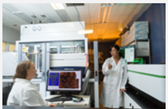
Capabilities
Semi-Preparative Purification
The analytical chemistry team routinely purifies samples with material in the range of milligrams to grams. Major and minor components (<0.1 percent) have been isolated for additional testing and characterization. The team’s automated processing involves dispensing samples into 1D barcoded vials, Matrix™ 2D barcoded tubes and/or 96-well plates for efficient tracking, storing and testing. The entire process from receiving the sample to final plating takes less than one week.
Sample Analysis
Liquid Chromatography
The liquid chromatography team uses a variety of liquid chromatographs to determine identity and purity. It uses single quadrupole liquid chromatography/mass spectrometry instrumentation for high-throughput automated analysis. All data are stored on the team’s network and can be accessed through its proprietary SMART software. Due to the wide variety of analytes tested, the team’s range of analytical detectors includes ultraviolet (UV), mass spectrometry (MS; positive and negative mode), evaporative light scattering detector and fluorescence. The experts achieve formula confirmation and identity determination of unknowns using time-of-flight mass spectrometry (TOF/MS).
Chiral Chromatography for Analysis and Purification
Methods development with the chiral chromatography screening protocol includes analysis of seven different chiral stationary phases. Use of several mobile phase conditions enables development of the best chiral separation. The group routinely determines chemical purity and enantiomeric purity. The use of an inline chiral detector facilitates the determination of relative optical rotation. Matching the stationary phase of analytical columns with the corresponding stationary phase in both semi-preparative and preparative columns enables purification of milligram to gram quantities of the sample. The isolated enantiomers are returned as powders after chiral chromatography analysis to ensure purity of the material.
Nuclear Magnetic Resonance (NMR) Analysis
NMR spectroscopy is arguably the most powerful analytical tool a chemist can use to identify and confirm organic molecules. Medicinal chemists at NCATS have access to two Varian 400 MHz VNMRS instruments equipped with autosamplers every day. Furthermore, the team routinely conducts advanced 1D (NOE, APT, DEPT) and 2D (COSY, NOESY, HSQC, HMBC) experiments for structural analysis and validation. Each instrument currently uses a 5-millimeter PFG AutoX dual broadband probe outfitted with a ProTune module allowing for NMR spectra of high-band (1H, 19F) and low-band (13C, 15N, 31P) nuclei. An XR401 sample cooler attached to the probe enables variable temperature experiments ranging from −40°C to 105°C. By using microsample tubes, the team can get spectral data with minimal material.
Resources
- Agilent 1100 HPLC Systems
- Agilent 1200 Series High-Throughput LC/UV/MS System
- Agilent 6210 TOF/MS
- Biotage SP Purification Systems
- Chiral Chromatography Screening LC System
- Gilson GX-281 Prep LC System
- PDR-Chiral Advanced Laser Polarimeter
- PerkinElmer 341 Polarimeter
- PerkinElmer Spectrum 100 FT-IR
- Sirius Automation MultiTasker Robotics System
- Teledyne ISCO CombiFlash System Sq16x
- Varian 400 MHz Nuclear Magnetic Resonance
- Waters ACQUITY UPLC System
- Waters FractionLynx Prep LC System
Analytical Chemistry and Core Technologies News
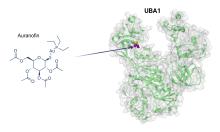
Repurposed Drug Helps Cells Clear Defective Proteins, Reveals Route to New Therapies
February 29, 2024 - NCATS News
- Analytical Chemistry
Auranofin, a decades-old drug for rheumatoid arthritis, could point the way to new treatments for diseases like cancer and Alzheimer’s disease.
Read Article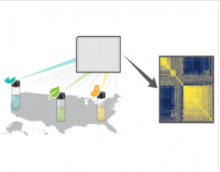
NCATS Spearheads a New Resource for Natural Products
March 23, 2019 - NCATS News
- Analytical Chemistry
Canvass, a screening library for natural products, was created by NCATS in collaboration with academic and industry researchers to uncover the potential medical use of these compounds and enable the creation of new treatments for diseases.
Read ArticleRelated Research
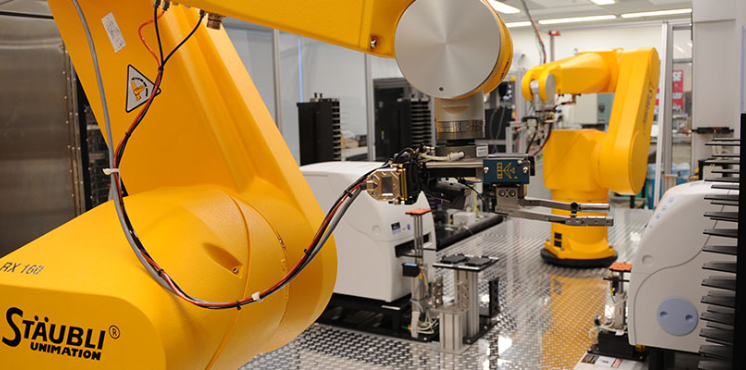
Automation
Our automation experts are responsible for the maintenance, operation and continuous improvement of a full range of laboratory instrumentation and processes.
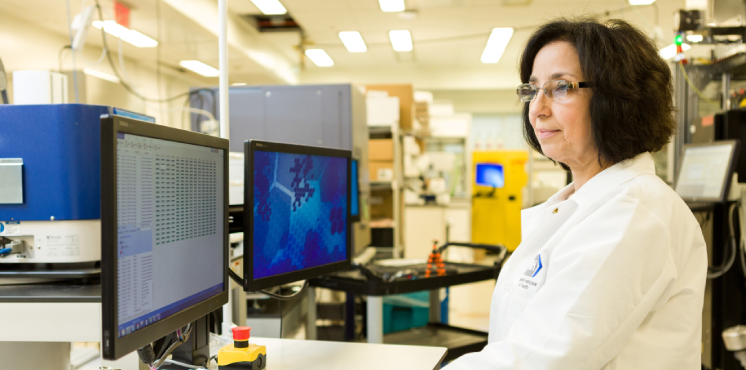
Compound Management
Our compound management team uses sophisticated and automated techniques to supply chemicals for NCATS screening experiments to uncover new treatments for diseases.
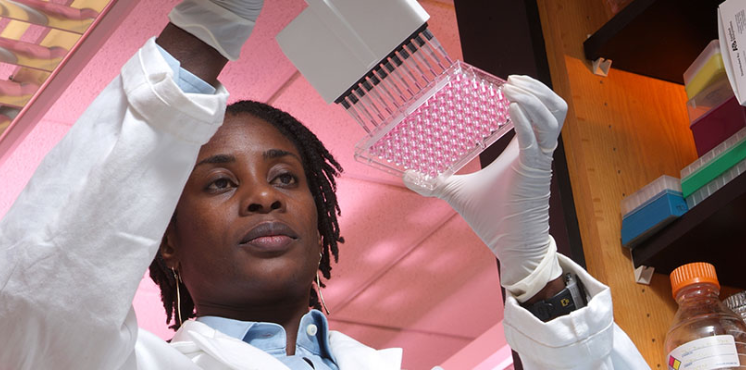
Informatics
This NCATS team works with scientists to make sense of data from large experiments to inform decisions that advance translational research.


